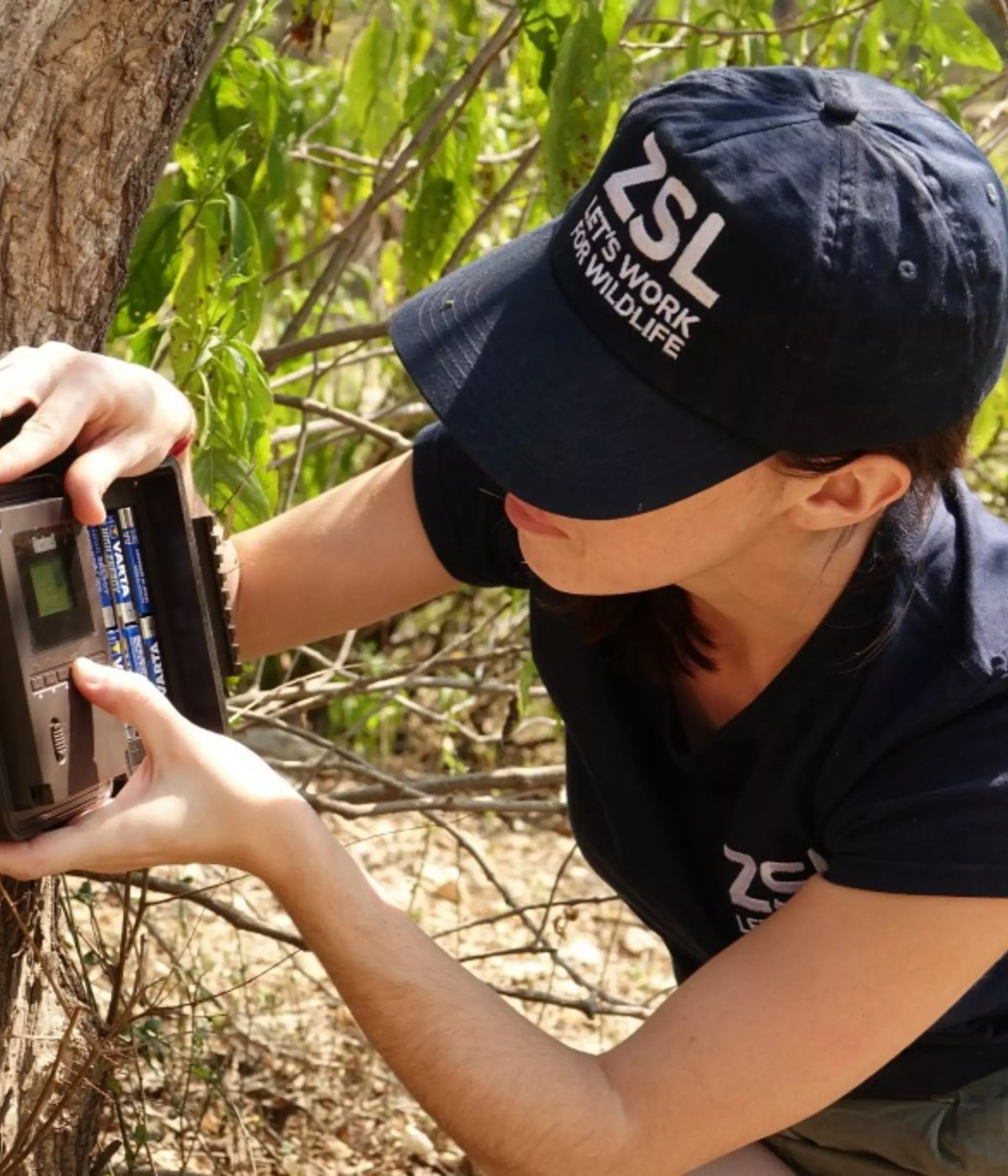Our people
Working to help people and wildlife live better together
Our hundreds of scientists and conservationists are working all around the world. In the field, in the classroom and in the lab, our collective breadth of knowledge is inspiring the change needed to save our natural world. Each and every day they are helping people and wildlife live better together, driving forward a journey of recovery for the planet, and restoring the wonder and diversity of life everywhere. Explore a selection of our experts’ profile pages below.
Abdel Halim Lushimba
WAP Landscape Manager
Alexandra Thomas
PhD Student
Alison Debney
Conservation Lead, Wetland Ecosystem Restoration
Ana Pinto
Outreach Specialist
Andrew Cunningham
Deputy Director of Science
Andrew Terry
Director of Conservation and Policy
Ann Sylph, MSc, MCLIP
ZSL Librarian
Annabelle Dodson
Sustainable Business Project Manager
Armstrong Mba Acha
Sustainable Business Advisor
Ashleigh F. Marshall
PhD Researcher
Becki Lawson
Senior Research Fellow
Ben Parker
PhD Researcher
Ben Williams
PhD Student
Bethan Laughlin
Senior Policy Specialist
Breanna Kaufman
EDI & Science Review Boards Administrator
Carly Waterman
Pangolin Technical Specialist
Catarina Dias Coutinho
PhD Student
Charity (Chai) Apale
Program Lead - ZSL Philippines
Chris Yesson
Research Fellow
Connor Lovell
PhD Researcher
